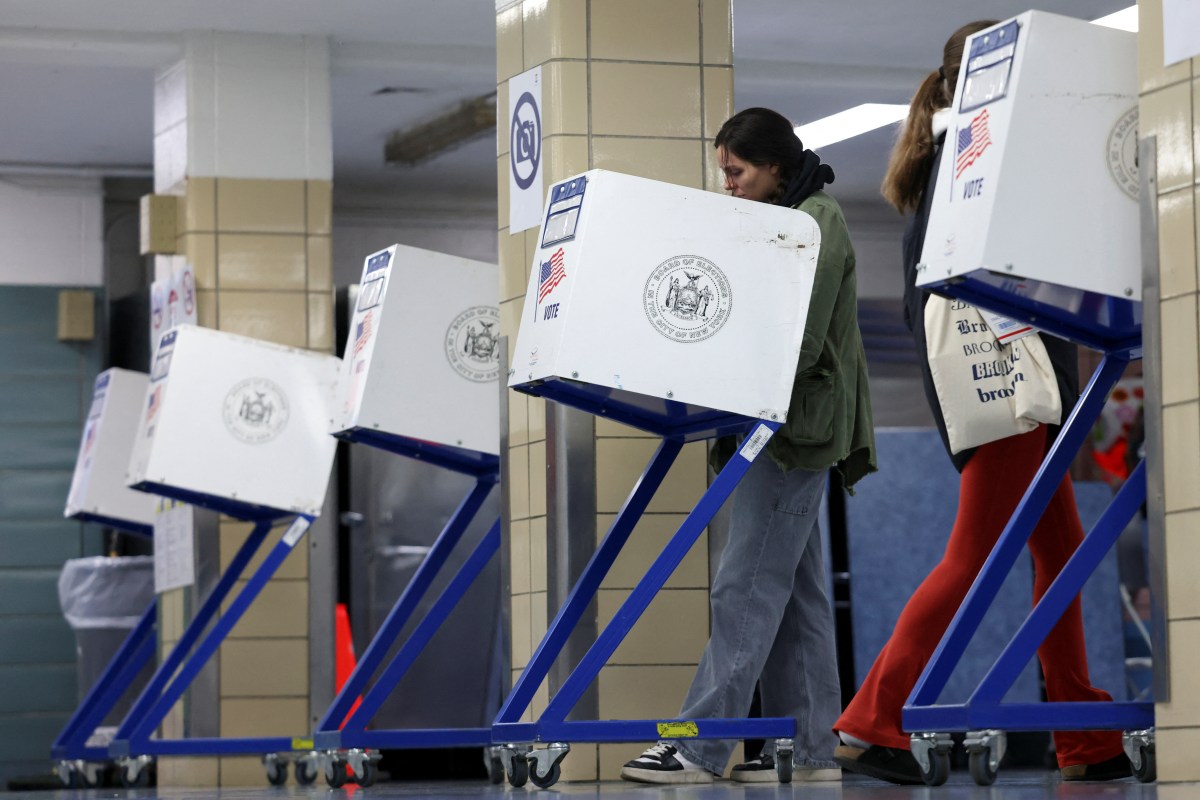By Stephen Culp
NEW YORK (Reuters) – Tech companies led the S&P 500 and the Nasdaq to record closing highs on Wednesday but the Dow lost ground on downbeat earnings, while the euro dropped to a two-month low, pressured by soft economic data.
The tech rally was fueled by hints from Texas Instruments Inc that the slowdown in semiconductor demand would not be as long as feared.
But Boeing Co and Caterpillar Inc dragged the blue chip Dow lower after their second-quarter earnings fell short of analyst expectations.
Boeing posted its biggest loss in a decade, owing to the grounding of its 737 MAX aircraft, while Caterpillar was challenged by weak China sales in the face of the trade war.
“Today’s an emblematic day, showing the uneven effect of tariffs on the market,” said Chris Wolfe, chief investment officer at First Republic Private Wealth Management in San Francisco. “Caterpillar, Boeing and other big companies that require a large global sales base are suffering.”
“Until you see resolution of the trade war these companies will continue to suffer,” Wolfe added. “But the tariffs haven’t hit technology in the same way.”
Investors were encouraged in recent days by hopes for trade negotiations and expectations the European Central Bank and the U.S. Federal Reserve will ease monetary policy.
The Dow Jones Industrial Average fell 79.22 points, or 0.29%, to 27,269.97, the S&P 500 gained 14.09 points, or 0.47%, to 3,019.56 and the Nasdaq Composite added 70.10 points, or 0.85%, to 8,321.50.
A series of purchasing manager index (PMI) readings in the United States and Europe were weaker than expected, capping gains in equity markets worldwide.
“The underlying thread in the PMIs is an important one,” Wolfe added. “The market’s approaching a great divide. Growth is slowing but equity prices are rising. That’s usually a state of the world that doesn’t last.”
The pan-European STOXX 600 index rose 0.05% and MSCI’s gauge of stocks across the globe gained 0.30%.
PMI data showed euro zone manufacturing contracting for the sixth straight month, dragging the euro to a two-month low against the dollar.
The dollar index, tracking the greenback against six major currencies, rose 0.01%, with the euro down 0.13% to $1.1137.
Sterling was last trading at $1.2481, up 0.36% on the day, after falling for several sessions as market participants feared the looming possibility of a no-deal Brexit under Britain’s new prime minister, Boris Johnson.
The Canadian dollar fell 0.09% versus the greenback at 1.31 per dollar.
“Throughout the world there’s now a race to have the least expensive currency,” said David Carter, chief investment officer at Lenox Wealth Advisors in New York. “This is one reason so many central banks are easing policy.”
U.S. Treasuries yields fell in line with yield declines in European government debt after the downbeat economic data fueled expectations that the European Central Bank and the Fed will lower interest rates.
Benchmark 10-year notes last rose 8/32 in price to yield 2.0463%, from 2.074% late on Tuesday.
The 30-year bond last rose 23/32 in price to yield 2.5741%, from 2.607% late on Tuesday.
Oil prices dropped after failing to find support from a large decrease in U.S. crude stockpiles and simmering geopolitical tensions.
U.S. crude settled at $56.88 per barrel, down 1.6%, while Brent crude settled at $63.18, down 1% on the day.
Spot gold added 0.6% to $1,425.14 an ounce but remained short of last week’s peak of $1,452.60.
(Reporting by Stephen Culp; additional reporting by Ritvik Carvalho; Editing by Susan Thomas)
























